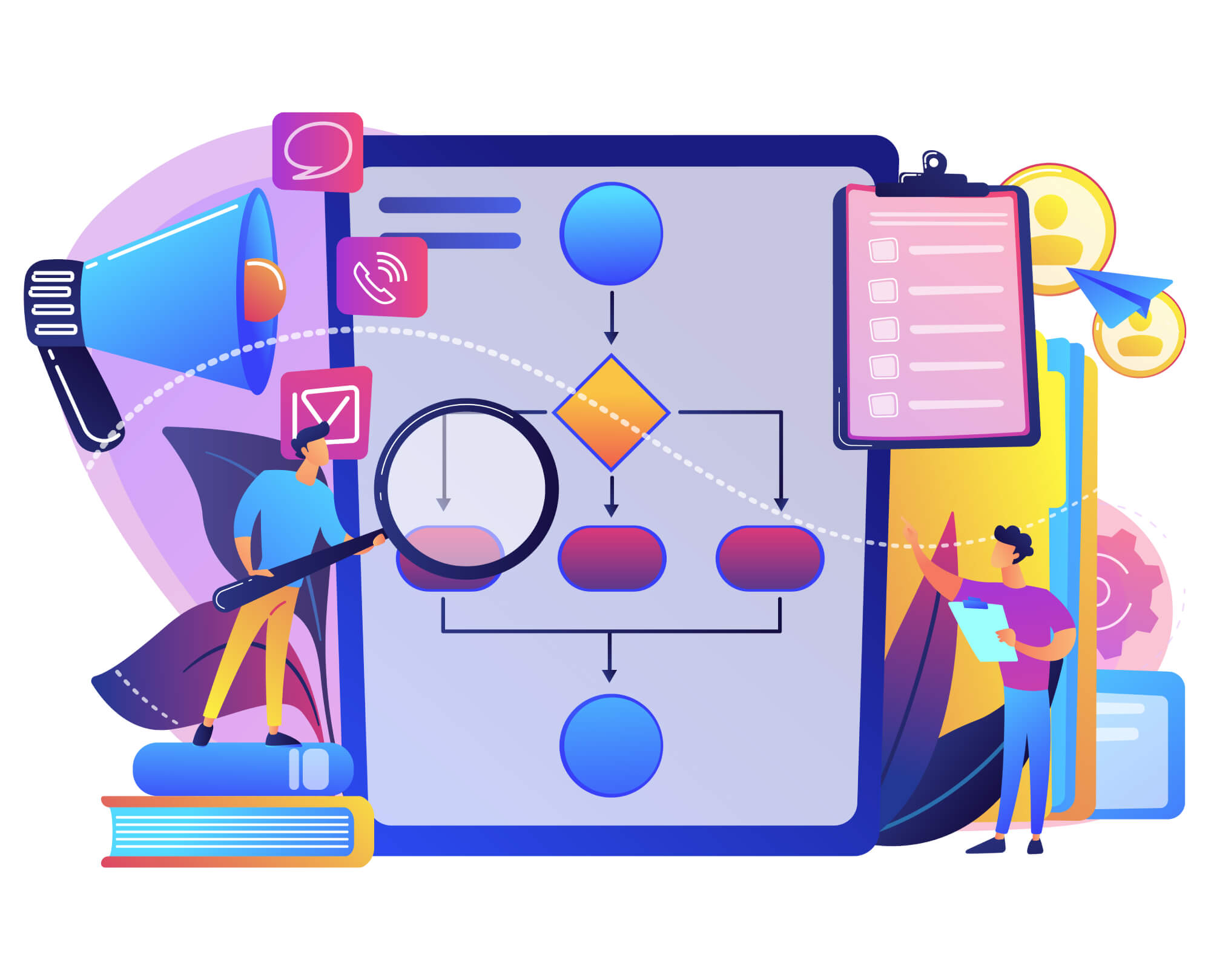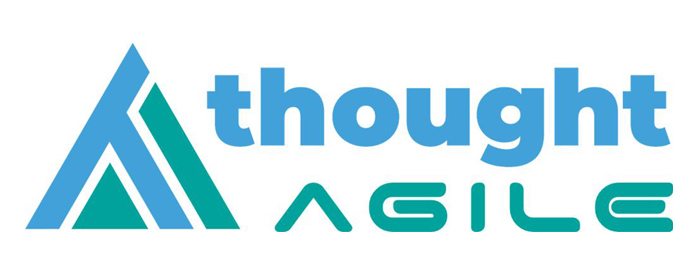Course Overview
The AgileBA training course serves as a comprehensive platform for Business Analysis professionals seeking to hone their knowledge and skill sets in the context of Agile methodologies. As business landscapes evolve and become increasingly dynamic, the role of a Business Analyst expands beyond merely analyzing organizational needs and aligning business projects to these needs. This role is pivotal in driving effective change, facilitating process improvement, and realizing strategic vision within an Agile framework. Traditional business analysis skills are undoubtedly valuable; however, the shift towards Agile demands the development of a new set of skills, and a different perspective on working relationships with colleagues and stakeholders. The AgileBA training course acknowledges this shift, preparing Business Analysts for this evolved role by offering guidance on navigating the Agile environment effectively.
Pricing Details
AgileBA Foundation & Practitioner
Mar
11
Mon
Mar
12
Tue
Mar
13
Wed
Mar
14
Thu
£1395 /Only
AgileBA Foundation & Practitioner
May
13
Mon
May
14
Tue
May
15
Wed
May
16
Thu
£1395 /Only
AgileBA Foundation & Practitioner
Jun
10
Mon
Jun
11
Tue
Jun
12
Wed
Jun
13
Thu
£1395 /Only

Why AgileBA?
AgileBA guidance is the brainchild of the Agile Business Consortium, previously known as the DSDM Consortium, which is globally recognized for its pioneering efforts in promoting business agility. The Consortium’s Agile Project Framework, which has been firmly established for over two decades and undergoes regular updates, forms the bedrock of AgileBA. The guidance meticulously delineates the role of a Business Analyst working in an Agile environment, thereby equipping them with the essential tools to adapt and excel in this context. The AgileBA framework not only supports Business Analysts in developing new skills and competencies but also provides a blueprint for effective Agile operation. Regardless of the industry or sector, the AgileBA guidance can be applied universally, making it an invaluable tool for Business Analysts across different professional environments.

Syllabus
The course syllabus provides a comprehensive view of the AgileBA framework, covering a wide range of topics to equip learners with the necessary understanding and skills. Key learning areas include:
- The Role of the Business Analyst in an Agile World: Gain insights into how the Business Analyst’s role evolves in an Agile environment and the skills necessary to succeed.
- Agile Fundamentals and the Agile BA: Understand the core principles of Agile and how they relate to the role of the Business Analyst.
- The Agile Business Case: Explore how to develop and manage an Agile Business Case that is flexible and responsive to changes.
- Stakeholders in an Agile Project: Learn how to identify and manage stakeholders effectively within an Agile project, and how to foster effective communication and collaboration.
- Requirements and User Stories: Delve into how to gather, manage, and prioritize requirements within an Agile framework and how to effectively use User Stories.
- Prioritization: Understand the critical aspect of prioritization within an Agile project, including key techniques such as the MoSCoW method.
- Workshops: Understand the importance of collaborative workshops in Agile, learn how to plan, execute, and follow-up workshops to maximize their effectiveness.
- Modelling: Explore the role of modelling in Agile projects and the techniques for creating effective models.
- Timeboxing and Iterative Development: Learn about the concept of timeboxing, its advantages, and how it integrates into iterative development within an Agile project.
- Requirements Planning and Estimating Throughout the Lifecycle: Discover how to effectively manage requirements, from initial planning to estimation, throughout the project lifecycle within an Agile environment.
- The Requirements Lifecycle in an Agile Project: Gain an understanding of the stages and processes involved in managing requirements throughout an Agile project.
- Making the Transition to the Agile BA: Examine the steps and considerations when making the transition from a traditional Business Analyst role to an Agile Business Analyst.
This comprehensive syllabus provides a complete picture of what it means to be an Agile Business Analyst and equips learners with the necessary skills and knowledge to drive success in their respective Agile environments.
Course Duration & Delivery
The combined course lasts for four days and can be attended in-person or virtually. The Foundation exam takes place on Day 3 and Practitioner exam takes place on Day 4.

Course Method
The AgileBA Foundation & Practitioner course adopts a teaching method that is both engaging and effective, combining theoretical insights with practical application of AgileBA principles. Here’s a detailed breakdown:
- Balanced Learning: Recognizing the importance of both theory and practice, the course is designed to strike a balance between learning the fundamental principles and methodologies of AgileBA and gaining practical experience. Participants are introduced to key concepts and principles, then given opportunities to apply this knowledge through hands-on exercises that simulate real-world scenarios. This approach ensures a deeper understanding and retention of course content, while also enabling participants to see how these concepts apply in a real-world context.
- Case Studies and Caselets: To provide a practical perspective and demonstrate how AgileBA principles translate into action across various industries, the course utilizes a variety of case studies and caselets. These scenarios illustrate how the theoretical aspects of AgileBA are applied in different business contexts, fostering a more profound understanding of the AgileBA framework and its practical applications.
- Practical Exercises: The course firmly believes in “learning by doing”. Hence, it incorporates numerous practical exercises that allow participants to actively engage with the concepts and principles they’ve learned. Activities range from group tasks and problem-solving exercises to mock projects, which are designed to cement understanding and demonstrate the applicability of AgileBA principles in managing real-world business challenges.
- Interactive Classroom Activities: To ensure an active and engaging learning environment, a range of classroom activities is woven into the course curriculum. These activities may include group discussions, quizzes, role-play exercises, and interactive games that are related to AgileBA. These engaging activities help maintain participant interest and ensure the learning experience remains interactive and stimulating.
- Experiential Learning: The course also emphasizes experiential learning, which is based on the principle that participants learn best from their experiences or by doing. Through facilitated discussions, reflective practices, and feedback sessions, participants gain insights into their understanding and application of the AgileBA concepts, encouraging a deep, holistic understanding of the subject matter.
- High-Quality Study Materials: To support participants’ learning journey, the course offers world-class study materials that are frequently updated to reflect the latest developments in Agile project management. These materials are crafted not only to support learning during the course but also to serve as a valuable resource for future reference in the workplace.
- Course Duration and Structure: The AgileBA Foundation & Practitioner course is an intensive, non-residential program that lasts for four days. The course is meticulously structured to provide ample time for learning, practice, revision, and preparation for the Agile Project Management Practitioner exam, which is held at the end of the second day.
This comprehensive teaching method is designed to foster active learning and engage participants in their journey towards becoming competent Agile Business Analysts. It equips them with the knowledge they need to pass their AgileBA exams and the skills and confidence to apply AgileBA principles in their daily work.
What's Include
Included in the course are world-class instruction, carefully researched courseware, AgileBA Agile Business Analysis Handbook, pre-course study materials, Foundation & Practitioner Exam, sample exams, and a certificate of attendance. Successful examinees receive a complimentary 3-month Agile Business Consortium membership.
- Our world class instructor
- Our carefully researched courseware
- AgileBA Agile Business Analysis Handbook
- 3 months Agile Business Consortium membership for free (on passing an exam)
- Pre-course study materials
- Foundation & Practitioner Exam
- Sample exams
- Certificate of Attendance
Target Audience
- Business Analysts operating (on intended to operate) in an Agile environment
- Agile team members who wish to become (Agile) Business Analysts
- Others wishing to understand business analysis, e.g. such as product owners and managers

